If you’re like most people who are arrested for domestic battery or aggravated domestic battery, you have a lot on your mind – and one of the most important things you’re thinking about right now is “How will this affect my future?”
Don’t get too far ahead of yourself. First, you need to know what to do when you’re arrested for domestic battery.
What to Do if You’re Arrested for Domestic Battery
First things first: When you’re arrested in Chicago, Skokie, Rolling Meadows or another Illinois city, the best thing you can do for yourself – and to help your case – is to stay quiet. Police will have plenty of questions for you, but you don’t have to answer any of them.
In fact, all you have to do is say, “I want to talk to my lawyer.”
You have every right to have an attorney present with you when police are asking you questions. You also have the right to legal counsel when you’ve been accused of committing a crime. In plain English, that means you have the right to a lawyer’s advice.
Your lawyer will be there to protect your rights every step of the way. He’ll step in and give you advice that helps you get the best possible outcome.
Here’s what to do when you’re arrested for domestic battery:
- Don’t answer any questions, even if you’re completely innocent and just want to clear your name. You’ll clear your name in court, not with the police.
- Cooperate with police. That doesn’t mean talk to them or explain your side of the story. It means sit down when they tell you to and don’t fight if they handcuff you.
- Tell police you want to talk to a lawyer. You have the right to an attorney, so use it!
- Wait for your lawyer’s guidance before you say or do anything.
Get help now!
#1. Don’t answer any questions.
 Police have one job, and it’s to “get the bad guy.” When they think you’re the bad guy, they’ll do what they can to get you to confess to domestic battery.
Police have one job, and it’s to “get the bad guy.” When they think you’re the bad guy, they’ll do what they can to get you to confess to domestic battery.
Even if you’re only trying to convince the police that you’re innocent, it could backfire on you. They can use anything you say against you in court, so it’s better not to say anything at all.
The police might tell you that if you cooperate, they’ll get the judge to “go easy” on you, or that the judge will take your cooperation into account.
Sure, the police can include that you were cooperative in their police reports. However, it’s always better to stay silent – at this point, anything you say could be used against you, and unfortunately, sometimes things come out wrong or the police interpret them wrong.
Once you’ve been arrested and charged with a crime, the whole case is out of the police’s hands – the prosecutor will decide what to do with you.
Related: What to do after a domestic battery charge
#2. Cooperate with the police.
When the police tell you to do something, provided that it’s legal, do it… unless they’re asking you questions in an interview. You’re already under arrest, and going against the police (or being combative or argumentative) will only cause more problems.
This does not mean that you have to answer their questions. The best answer you can give to police’s questions once you’ve been arrested is, “I want to talk to my lawyer.”
Related: Should you plead guilty to domestic battery charges?
#3. Tell the cops you want to talk to your lawyer.
 Again, you have the right to an attorney. That right is guaranteed to you by the U.S. Constitution. Your lawyer will be there to preserve your other rights and help ensure you get a fair trial in court. He’ll also check that the police did everything legally when they arrested you, and that they didn’t trick you into making a confession or anything like that.
Again, you have the right to an attorney. That right is guaranteed to you by the U.S. Constitution. Your lawyer will be there to preserve your other rights and help ensure you get a fair trial in court. He’ll also check that the police did everything legally when they arrested you, and that they didn’t trick you into making a confession or anything like that.
Related: Can a domestic violence case be dismissed?
#4. Wait for your lawyer’s advice before you do anything.
Do not talk to police or answer their questions before you’ve talked to your lawyer.
Don’t plead “not guilty,” “no contest,” or “guilty” before you talk to your lawyer and he’s had a chance to review your case. Sometimes things happen that make an arrest illegal, or there may be other factors that could change the outcome of your case.
Related: Domestic violence trial questions: What happens when you’re in court?
Have You Been Arrested for Domestic Battery?
If you’ve been arrested for domestic battery – or if you think you’re about to be – call us immediately at 847-920-4540. You can also contact us online for a free case review if you’ve already been arrested.

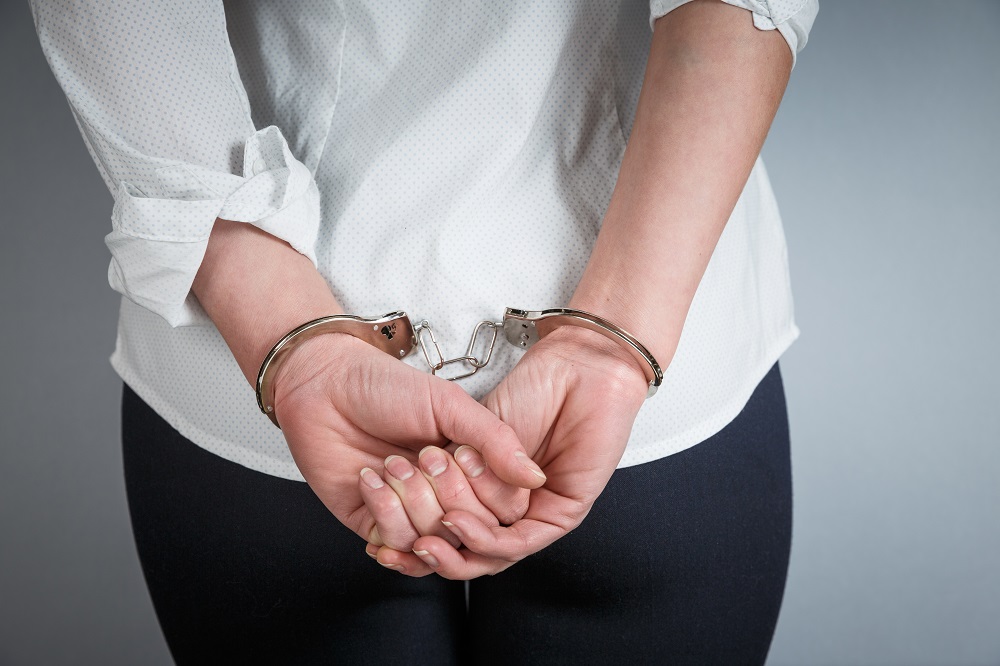
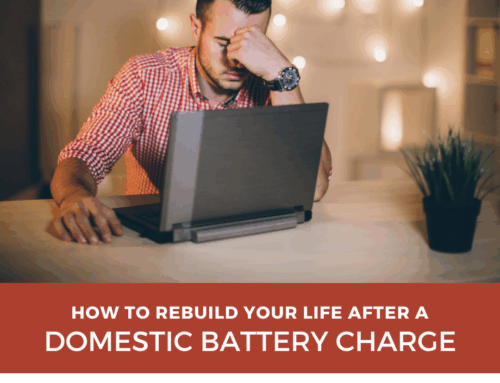

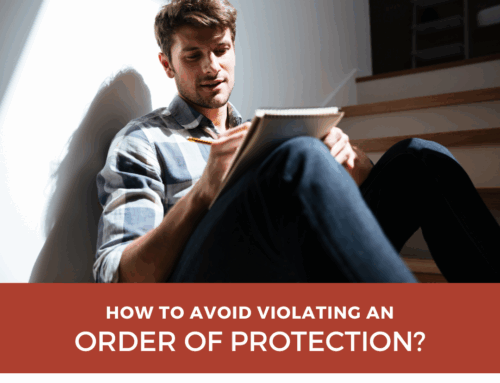
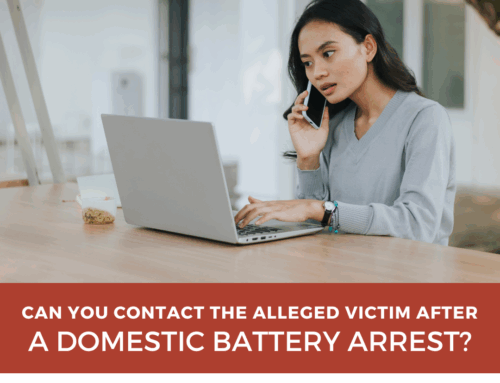
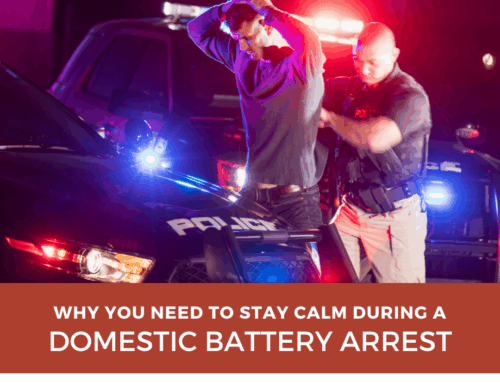
Leave A Comment
You must be logged in to post a comment.